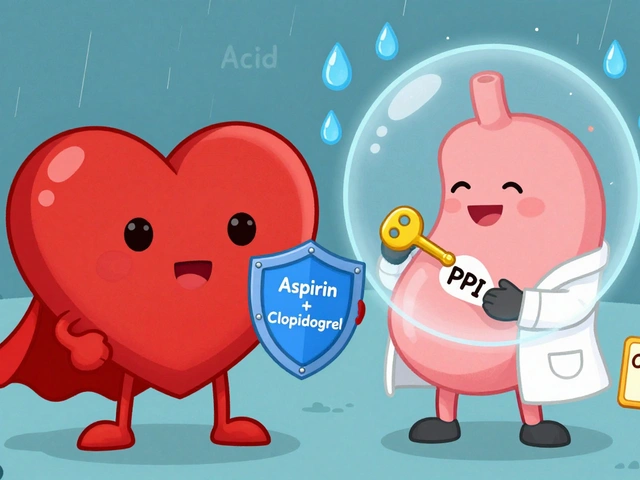Diovan (valsartan) — what it does and who should consider it
Diovan is the brand name for valsartan, a commonly used angiotensin II receptor blocker (ARB). People take it for high blood pressure, heart failure, and to lower risk after a heart attack. If your doctor suggested Diovan, this page gives a plain explanation of how it works, common doses, side effects to watch for, and simple tips for buying it safely.
How it works: valsartan relaxes blood vessels by blocking angiotensin II signals. That lowers blood pressure and reduces strain on the heart. Compared with older drugs like ACE inhibitors, ARBs tend to cause less cough but share other risks like changes in kidney function and potassium.
Typical dosing and practical tips
For adults with high blood pressure, common starting doses are 80 mg once daily or 160 mg once daily, and many people end up on 160–320 mg total per day depending on response. For heart failure or after a heart attack doctors often use lower starting doses and increase carefully. Always follow your prescriber's instructions — do not double up if you miss a dose without checking first.
Take Diovan with or without food. Try to take it at the same time each day to keep blood levels steady. If you feel dizzy when standing up, sit or lie down and contact your doctor — that may mean your dose needs adjusting.
Side effects, interactions, and safety checks
Common side effects include dizziness, tiredness, and sometimes higher potassium. Less common but serious issues are significant drops in blood pressure, kidney problems, or swelling of the face and throat (angioedema). Stop the drug and get urgent care if you have difficulty breathing or sudden swelling.
Drug interactions to watch for: avoid using potassium supplements or potassium-sparing diuretics with Diovan unless your doctor monitors potassium. NSAIDs (ibuprofen, naproxen) can blunt blood pressure control and affect kidneys when combined with ARBs. Lithium levels may rise with valsartan — tell your doctor about all medicines and supplements.
Never take Diovan if you are pregnant or planning pregnancy. ARBs can harm a fetus. If you have severe narrowing of both renal arteries or a history of angioedema with ARBs/ACE inhibitors, tell your doctor — Diovan might not be right for you.
Monitoring: your doctor will usually check blood pressure, kidney function (creatinine), and potassium within a few weeks of starting or changing dose. Keep records at home so you can report patterns or worrying changes.
Need to buy Diovan online? Only use sites that require a prescription, show a real pharmacy address, and have a licensed pharmacist contact. If a site sells prescription drugs without a script, avoid it. For help choosing safe online pharmacies, see related posts below.
Related articles you might find useful:
If you have specific symptoms, recent lab results, or a list of medications, bring those to your next appointment — that helps your prescriber choose the safest dose and follow-up plan. Questions about side effects or interactions? Ask your pharmacist or doctor — that's what they're there for.




